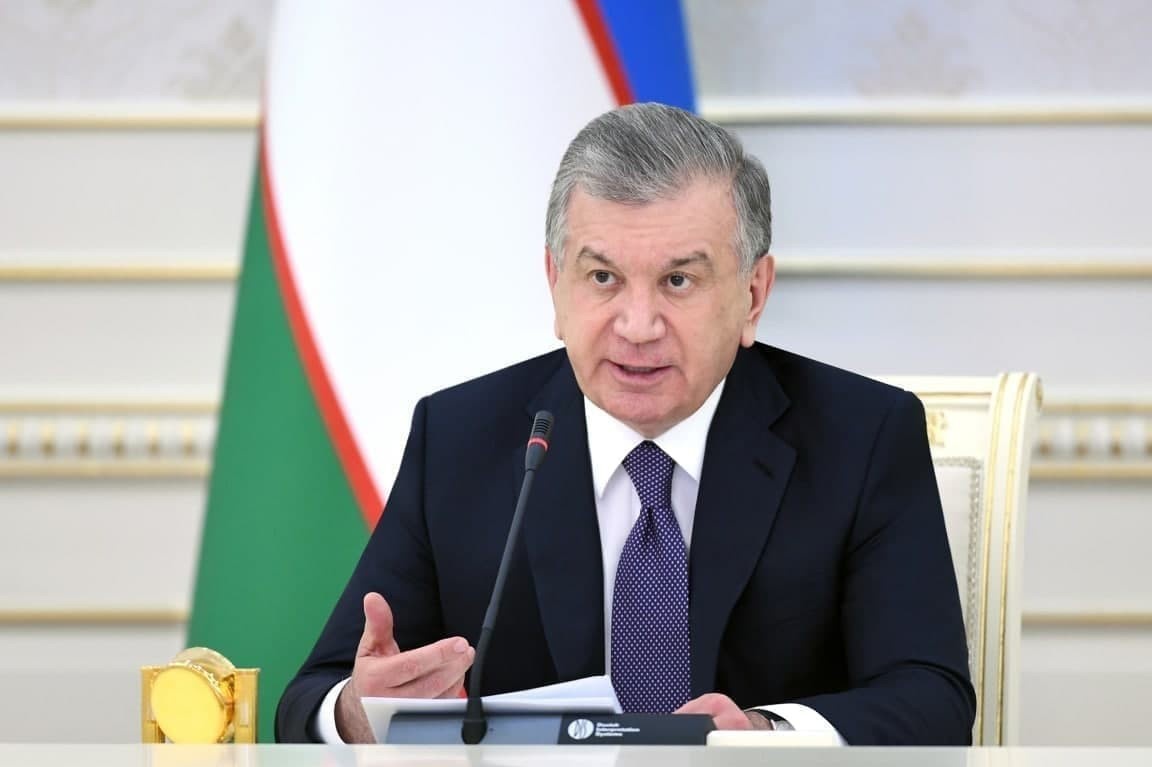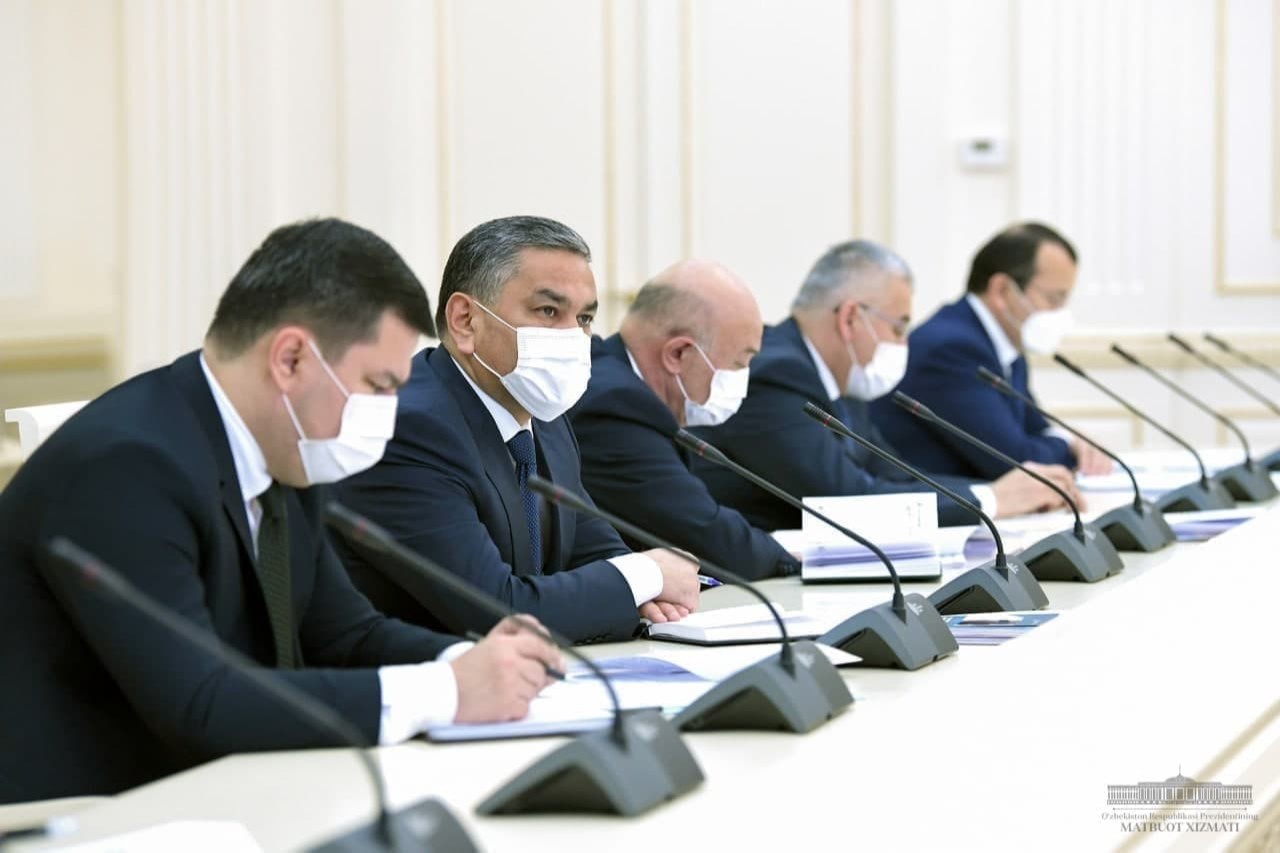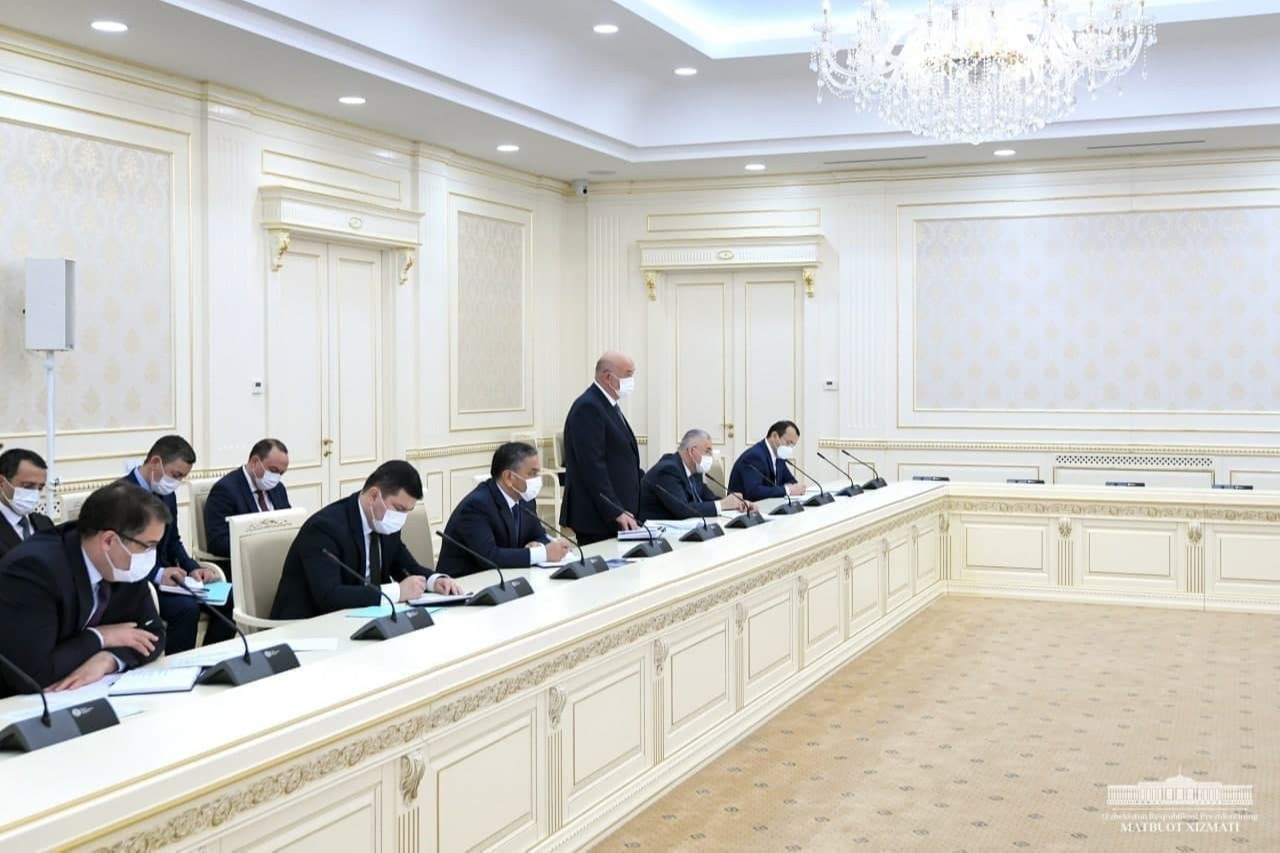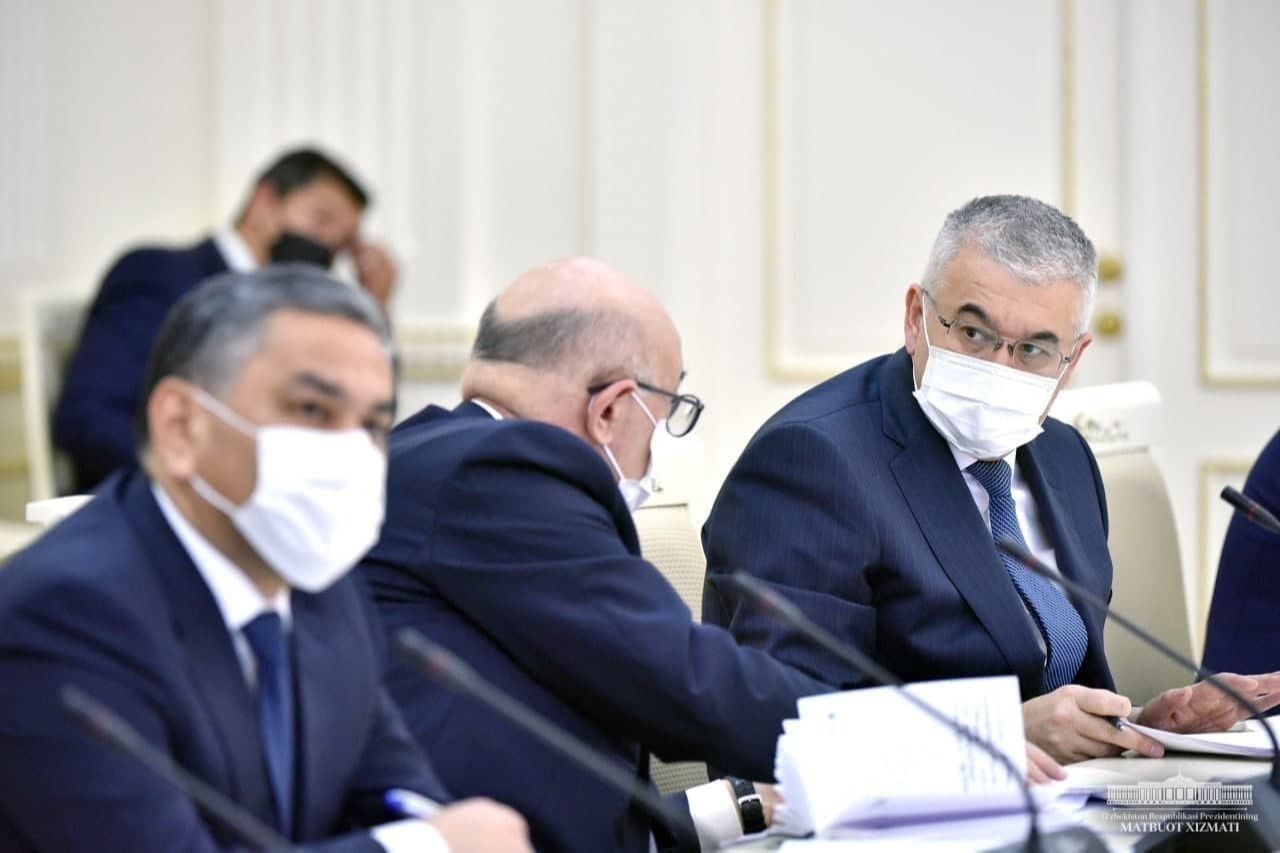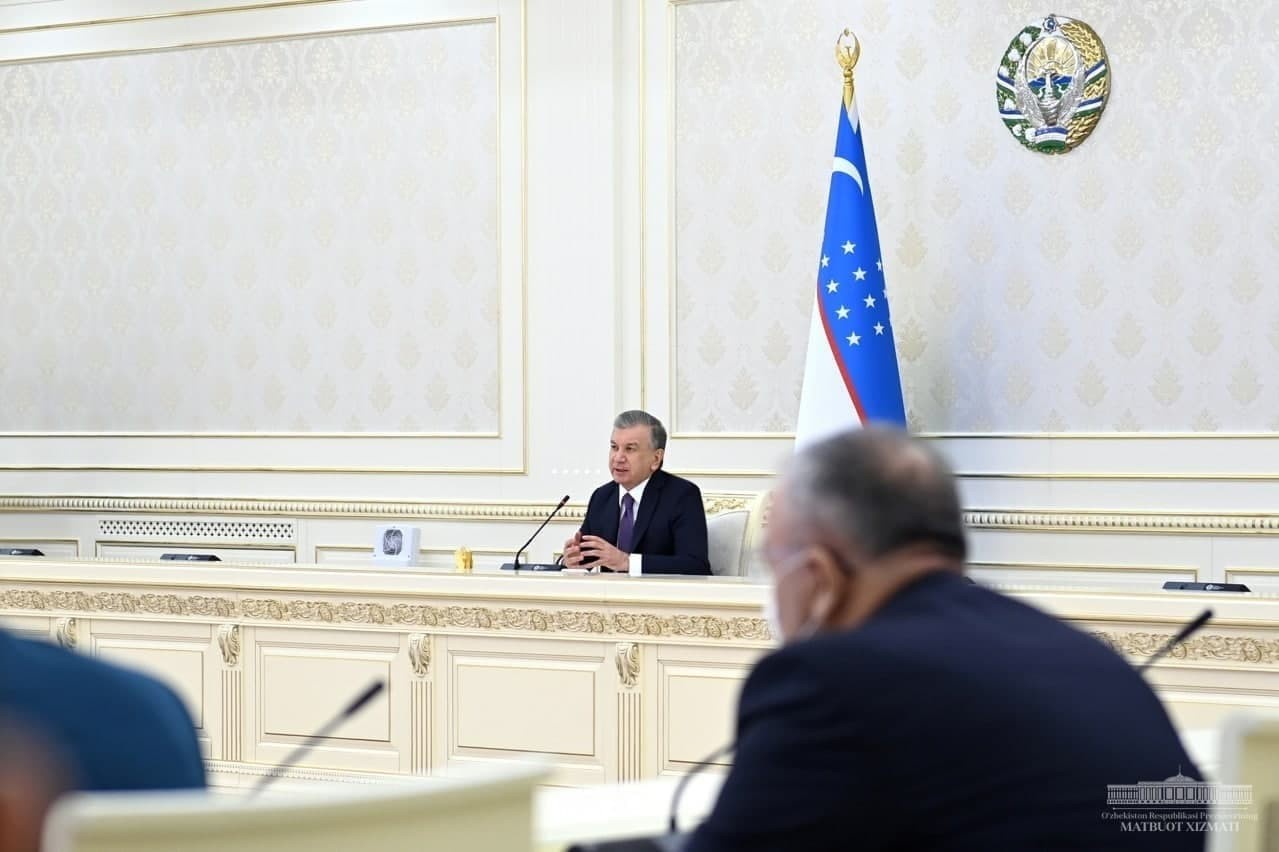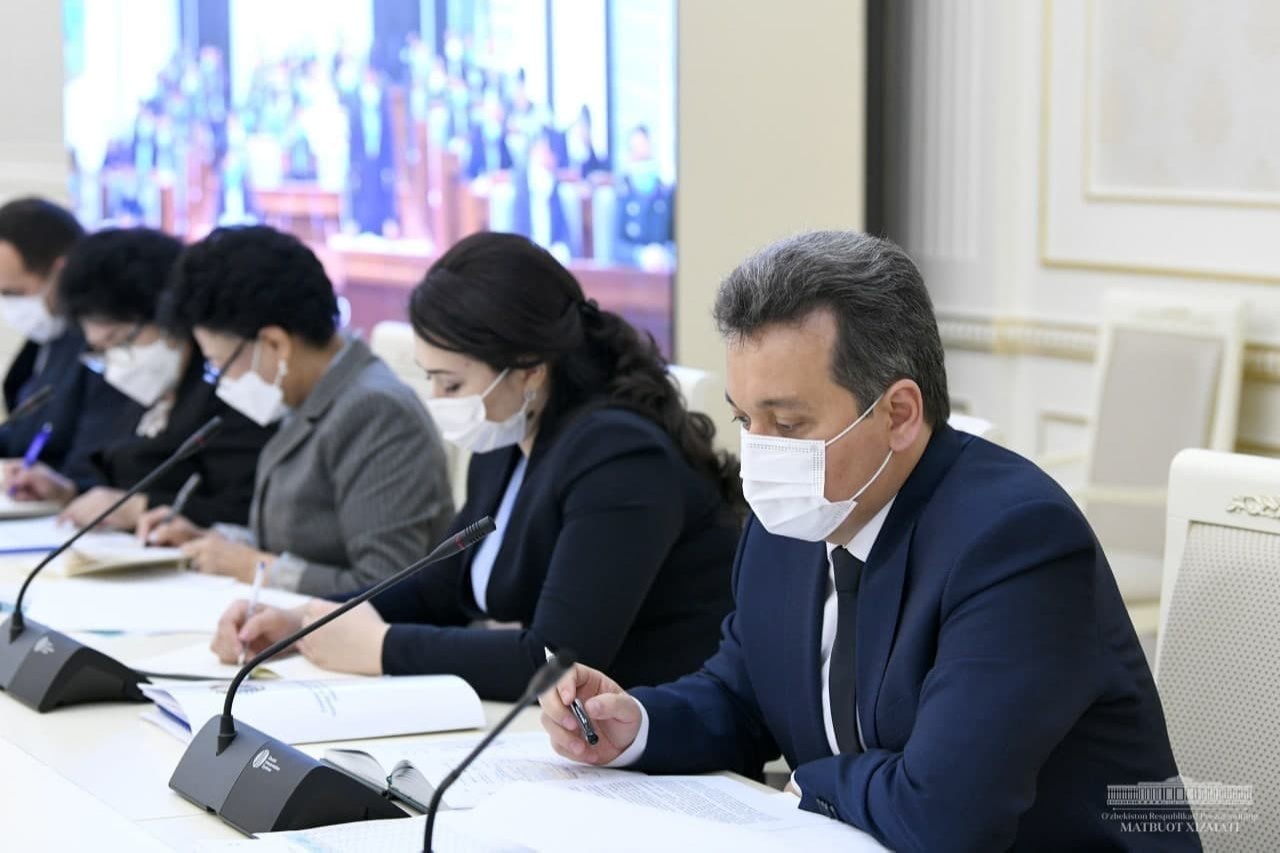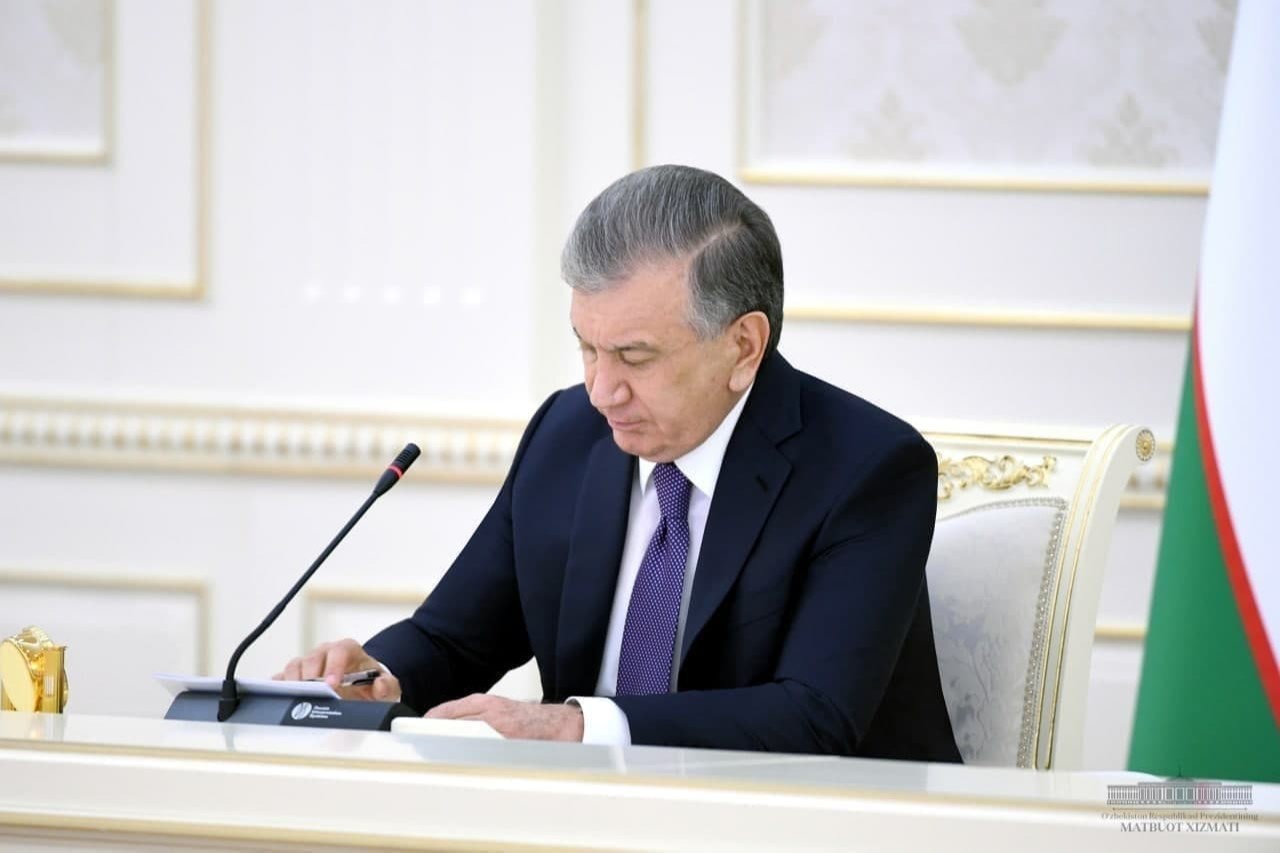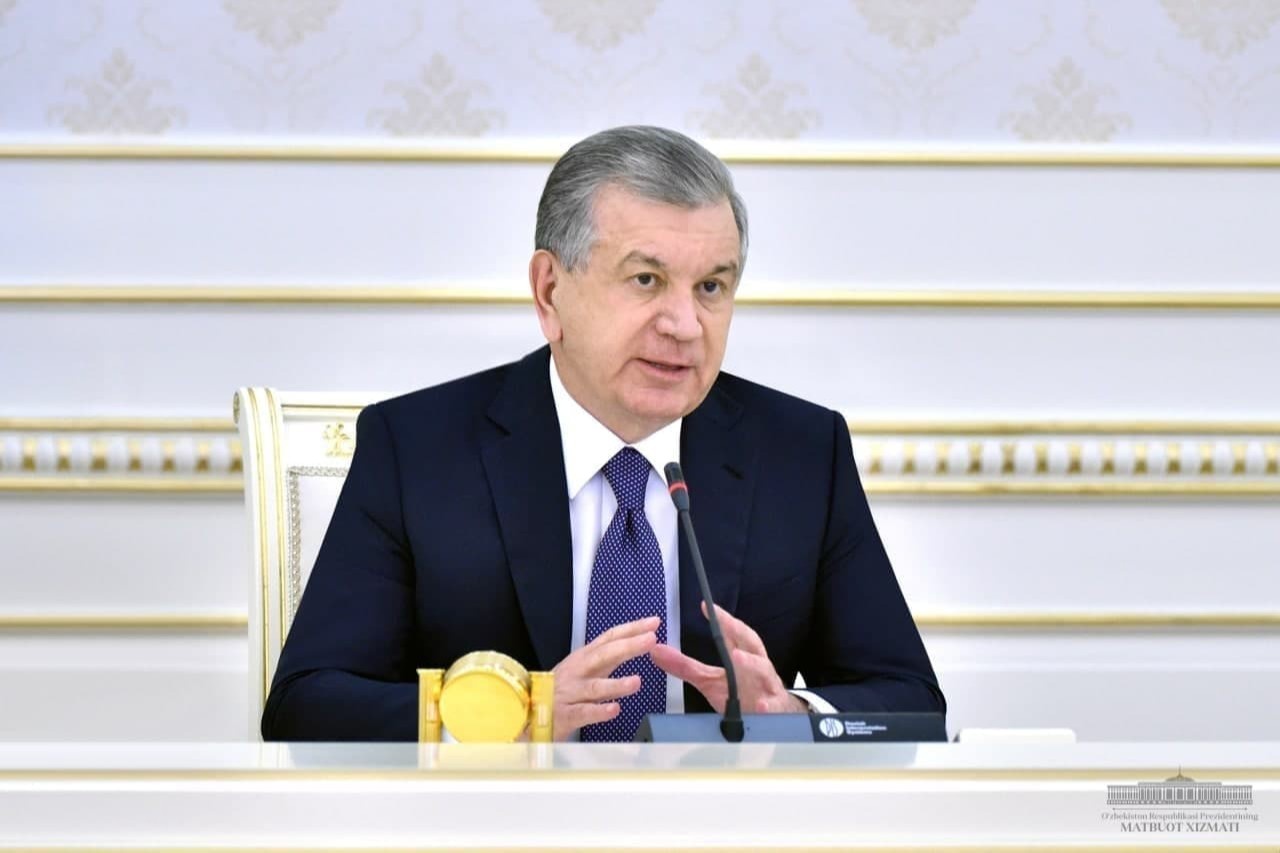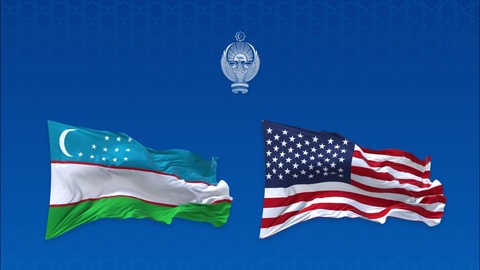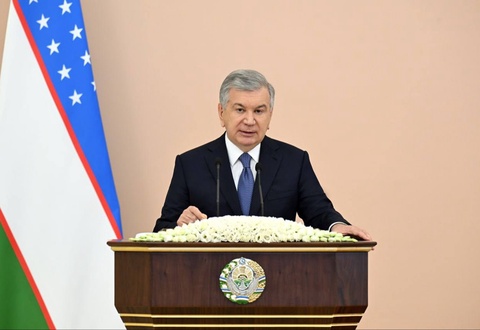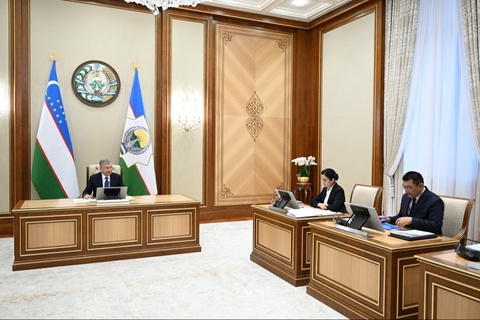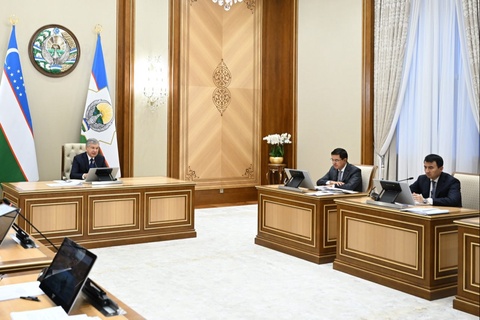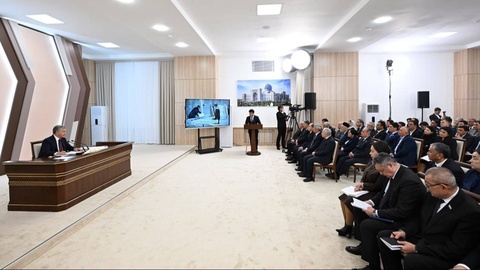This year has been declared in Uzbekistan as the Year of Supporting Youth and Improving Population Health, and a corresponding state program is being implemented. Important tasks in this direction were also outlined at the meetings of January 27 and February 10 this year, responsible persons were identified.
At today’s meeting, the progress of these tasks, the state of work with youth carried out by ministers, hokims of regions, districts and cities, heads of sectors and rectors of universities were considered.
The country’s “youth notebook” includes 648 thousand unemployed, of which 283 thousand were employed in the first quarter. 45 thousand hectares of land have been allocated to 175 thousand young people.
An additional 36 thousand courses have been organized for the meaningful organization of youth leisure, to which about 874 thousand boys and girls are attracted. Within the framework of the Five Important Initiatives, 97,000 art and sports equipment, computers and 562,000 fiction books were donated to educational institutions, libraries and training centers.
In some regions and spheres, youth issues are not given sufficient attention. So, in the first quarter, only about 5 thousand young people were employed in Andijan region. At the same time, there are currently 7 thousand vacancies at industrial enterprises and clusters of the region.
There are also shortcomings in training unemployed youth in professions and entrepreneurship, providing them with finance. In particular, under the “1+1” program, it was planned to train 100 thousand young people with the further provision of soft loans to them, but the territorial structures of the Chamber of Commerce and Industry demonstrate their inability to systematically organize this work.
For example, in three months, only 21,000 young people in the country were trained in entrepreneurship. In Tashkent, only a thousand certificates of completion of courses were allocated, in Namangan region – only 1,100. And in Bukhara region, only 216 young people were trained in professions and entrepreneurship.
In Surkhandarya region, only 30 percent out of the total number of unemployed youth are employed, which is the lowest indicator in the country. The “1+1” project covers only 16 people in Khodjeyli, 27 in Furkat, 78 in Ulugnor, 82 in Angor districts.
Such low rates were criticized at the meeting. The Deputy Hokim of Surkhandarya region for youth policy, hokims of Furkat and Ulugnor districts, heads of some sectors in Shafirkan, Qamashi, Khiva, Chust, Khodjeyli and Angor districts will be dismissed for the improper organization of work with youth. Some other responsible persons were strictly warned and time was allotted to correct the situation.
Measures have been identified to implement immediate tasks and enhance measures to support youth.
“The most important task is, first of all, to employ young people, to create conditions for them to receive a decent income. Entrepreneurship, especially small and medium-sized businesses, is our greatest opportunity and resource in this direction”, said Shavkat Mirziyoyev.
Responsible persons have been tasked with further expanding measures to support youth entrepreneurship and introducing new mechanisms for ensuring employment. Several benefits have been announced for both unemployed and start-up entrepreneurs and employer organizations.
Starting May 1, when young people are hired by enterprises and companies, they will be refunded the social tax paid for these employees. Starting June 1, students included in the “youth notebook” will be able to count on subsidies of up to 500 thousand UZS for internships at enterprises and companies.
Graduates of vocational training centers hired for the first time will be exempt from income tax for up to 6 months.
Starting May 1, entrepreneurs who have employed more than 5 unemployed from the “youth notebook” will receive a discount of up to 50 percent when renting state property.
Young people who rent a building and start their own business will be reimbursed up to 30 percent of the annual rental payments.
The expenses of youth from the corresponding “notebook” and children of orphanages for driving training and passing a month’s military service will be paid from the budget.
Starting June 1, compensation will be established for part of the expenses of members of the “youth notebook” for the study of foreign languages and general subjects in non-state educational institutions.
Starting July 1, subsidies of up to 1 million UZS will be provided to private enterprises for retraining newly hired workers.
The amount of the contract paid for the education of young people in vocational and technical schools will be exempt from income tax.
Agriculture is another important area that contributes to youth employment. From 2 thousand to 4.5 thousand young people in 21 districts of the country have received land plots for agriculture.
The Head of the state emphasized the importance of providing these young people with practical assistance from farmers and clusters before young farmers carry out agricultural activities and begin to receive income.
It was noted that in support of the participants in the “youth notebook” it is necessary to provide them with subsidies of up to 2 million UZS for the purchase of seeds and seedlings.
The Ministry of Finance was instructed to create an electronic platform for the transparency of the process of issuing grants.
Another problem is the need to increase the number of qualified mid-level health workers to provide every mahalla and family with quality medical services. Medical teams alone require at least 7,000 mid-level workers.
In this regard, in continuation of the initiated reforms in healthcare, the need was noted for creating new jobs for thousands of young people by introducing an additional 20 thousand staff of mid-level medical workers and social workers this year.
Issues of meaningful organization of youth leisure were also discussed at the meeting.
Today the children’s centers “Barkamol Avlod” cover only 175 thousand children. The task was set to fully use the potential of these institutions, to increase coverage by creating their branches in each school.
Activity will be consistently continued to attract young people to sports, culture and art, to hold various festivals and competitions, and to prepare for prestigious international competitions.
The Head of the state emphasized that each higher education institution should be a center of spirituality and culture for the nearest mahallas, in which the participation of rectors is not felt at all.
The issue of students’ living conditions was considered separately.
More than 130 thousand students are renting housing. The government is preparing a special program on this issue. According to it, starting May 1, it is planned to compensate students for half of the rent. At the initial stage, this system will cover 60 thousand young people. Low-income students will be reimbursed for these expenses from the funds of hokimiyats and higher education institutions.
Responsible persons made reports on the issues discussed at the meeting.


